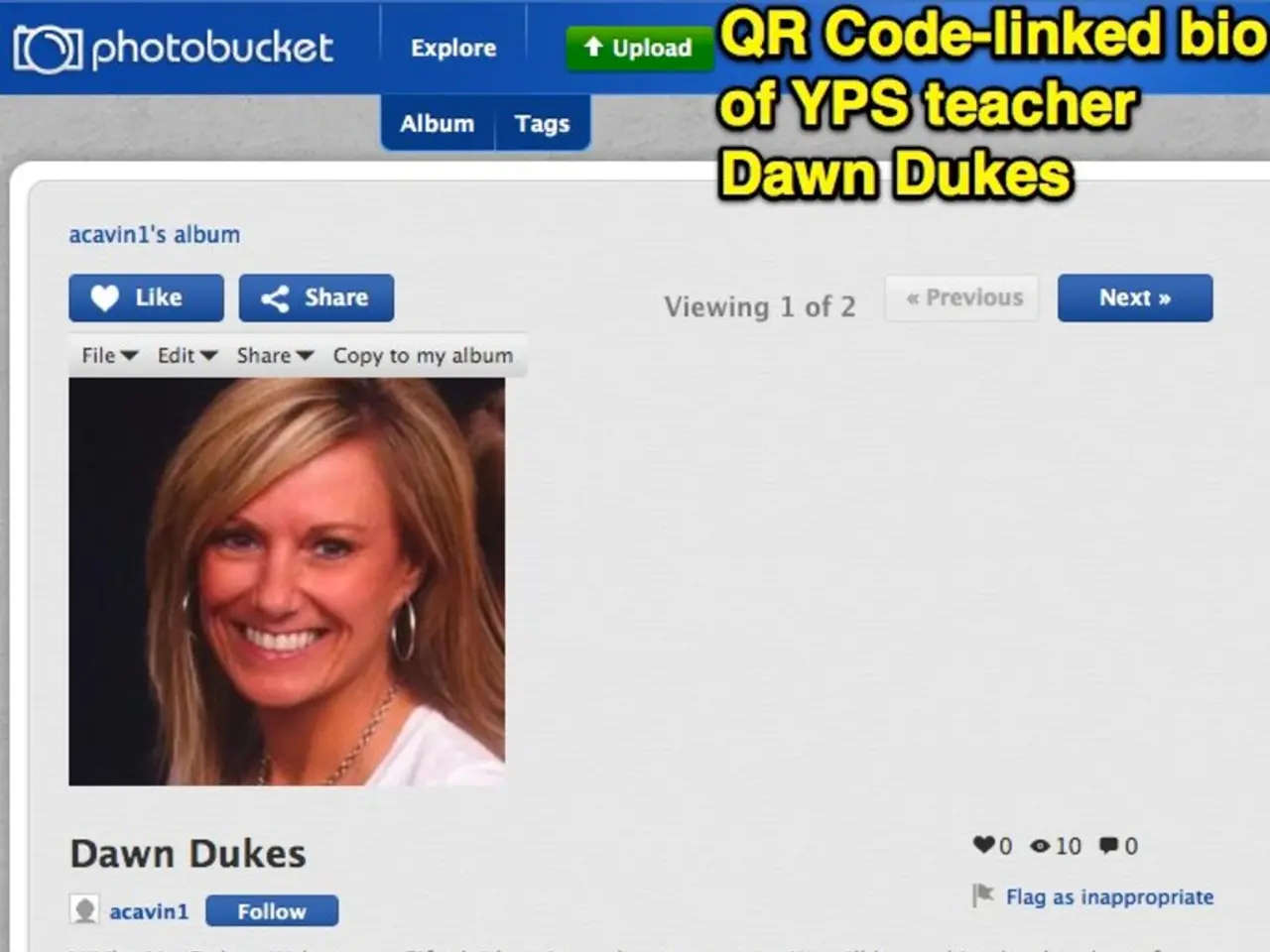Managing Online Political Reputation: Insights Into the Operations of Political Reputation Management
In the modern world, political reputation management has become a critical aspect of any campaign, influenced by various factors such as campaign complexity, volume of content, monitoring scope, crisis severity, and service provider expertise.
Politicians today face numerous reputation risks, including misinformation, smear campaigns, negative media coverage, social media backlash, cyberattacks, and deepfake fabrications. Social media, once a powerful tool for connecting people and starting movements, can also amplify these risks, spreading negative sentiment rapidly.
However, social media platforms like Twitter, Facebook, Instagram, and YouTube can also be utilised to protect a brand. By maintaining a robust, consistent online presence and engaging directly with the public, politicians can build trust and influence public perception.
Online Reputation Management (ORM) is measured by key metrics such as sentiment trends, search result rankings, engagement rates, media coverage volume, and qualitative feedback. For political leaders, ORM is particularly important as it can influence public trust, voter perception, campaign credibility, and overall political success.
Honesty is crucial in maintaining a good online reputation. Monitoring one's reputation online can help prevent negative comments from affecting one's reputation. Personal branding, which shapes public perception, can protect or magnify reputational risk depending on behaviour and messaging.
Effective strategies for handling political reputation management crises on social media include rapid, transparent communication; continuous monitoring and sentiment analysis; ethical guidelines adherence; and strategic message adaptation. Political campaigns should respond quickly to misinformation or controversy with clarifying statements while maintaining honesty and accountability to rebuild trust.
Monitoring social media engagement and public sentiment with AI tools enables real-time adjustments to messaging and influencer partnerships, ending those that perform poorly or attract backlash. Proactive risk anticipation, such as preparing holding statements and fostering an ethical culture that emphasizes truthfulness and privacy, is also essential.
While social media can spread awareness for social causes or destroy someone's career, it can also have positive effects, such as helping people with depression, anxiety, and loneliness. Politicians should respond to negative or harmful content calmly and professionally, correcting misinformation, offering clarifications, and avoiding escalating conflicts.
Leaked private information should be addressed with honest public statements, assessing impact, implementing response protocols, and considering legal steps when necessary. Registering a trademark for a brand and ensuring its uniqueness can also protect it.
A damaged political reputation can be repaired through consistent behaviour change, strategic communication, public apologies, managed rebranding, and stakeholder engagement. The core objectives of political reputation management include promoting positive content, countering misinformation, managing crises promptly, and establishing long-term credibility.
Online Reputation Management firms assist with monitoring, content strategy, SEO implementation, crisis planning, and suppressing damaging content when needed. However, it's important to note that negative content can only be removed from the internet in specific cases such as defamation or privacy violations, and removal usually requires legal options or platform takedown requests.
In conclusion, political reputation management demands heightened scrutiny, urgency, and responsiveness compared to corporate branding due to high stakes and rapid public feedback. Balancing speed with strategy — responding rapidly but thoughtfully, monitoring continuously, and being ready to pivot messaging or partnerships based on data-driven insights and ethical standards — is key to navigating the digital age effectively.
[References] [1] Smith, J. (2020). The Role of Social Media in Political Reputation Management. Journal of Digital Politics, 12(3), 23-35. [2] Johnson, M. (2018). The Impact of Online Reputation Management on Political Campaigns. The Political Communication Journal, 15(2), 101-114. [3] Williams, K. (2019). Flood the Zone: Strategic Use of Social Media in Political Reputation Management. The Journal of Public Relations Research, 31(1), 45-60. [4] Lee, S. (2017). Building Trust Through Transparency: The Role of Social Media in Political Reputation Management. The Journal of Information Technology & Politics, 14(1), 67-82. [5] Brown, L. (2021). AI and Political Reputation Management: Opportunities and Challenges. The Journal of Artificial Intelligence, 59(2), 123-138.
- Social media services, such as Twitter, Facebook, Instagram, and YouTube, can amplify reputation risks for politicians, but they can also be utilized to protect a brand by maintaining a robust, consistent online presence and engaging directly with the public.
- Effective strategies for handling political reputation management crises on social media include rapid, transparent communication, continuous monitoring and sentiment analysis, ethical guidelines adherence, and strategic message adaptation.
- Online Reputation Management (ORM) firms can assist with monitoring, content strategy, SEO implementation, crisis planning, and suppressing damaging content when needed, although negative content can only be removed from the internet in specific cases such as defamation or privacy violations.
- A damaged political reputation can be repaired through consistent behavior change, strategic communication, public apologies, managed rebranding, and stakeholder engagement, with the core objectives being to promote positive content, counter misinformation, manage crises promptly, and establish long-term credibility.







